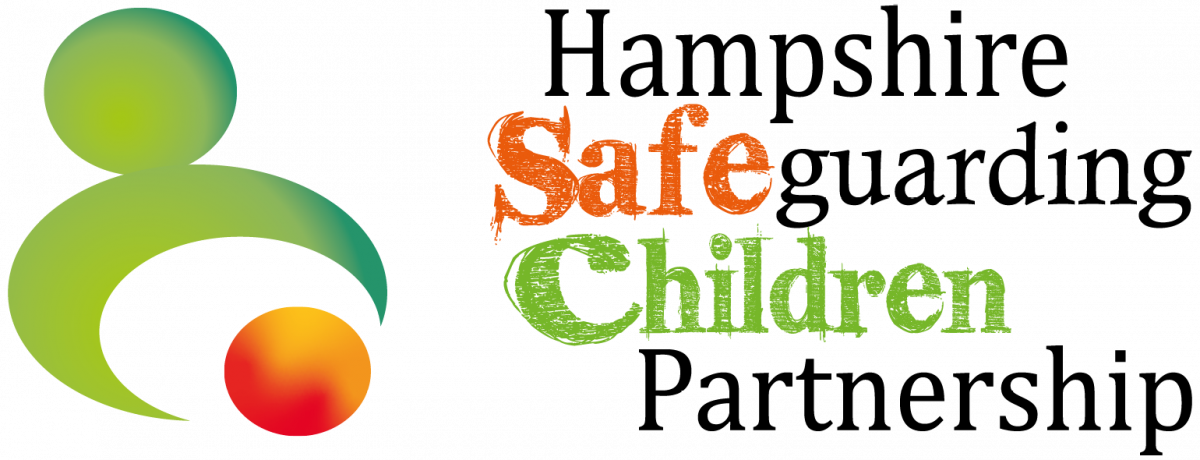What is Radicalisation
Children can be exposed to different views and receive information from various sources. Some of these views may be considered radical or extreme.
Radicalisation is the process through which a person comes to support or be involved in extremist ideologies or beliefs. It can result in a person becoming drawn into terrorism (or commit terrorist acts) and radicalisation is in itself a form of harm.
The process of becoming radicalised is different for everyone and can take place very quickly, or over a long period of time and in different ways. Because of this, children and young people who are drawn into radicalisation may not realise what it is that they are being drawn into.
The process of radicalisation may involve:
- Being groomed online or in person (grooming is when a person builds a relationship with a child, young person or an adult who is at risk so they can abuse them and manipulate them into doing things).
- Children can also self radicalise through exploration of different ideas including online.
- Exploitation, including sexual exploitation (find out more about child exploitation by visiting our parents and carers child exploitation webpage).
- Psychological manipulation.
- Exposure to violent material and other inappropriate information.
- The risk of physical harm or death through extremist acts.
There are no typical characteristics of young people who may be more at risk than others. However, a sudden change in behaviour could be a potential indicator. Sometimes those at risk may be encouraged, by the people they are in contact with, not to draw attention to themselves.
The ACT Early website provides more information on signs and indicators to be aware of.
